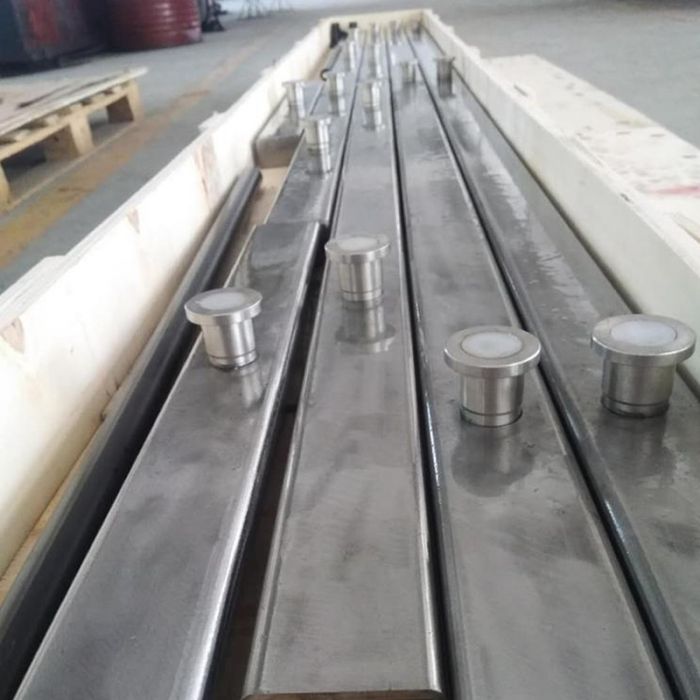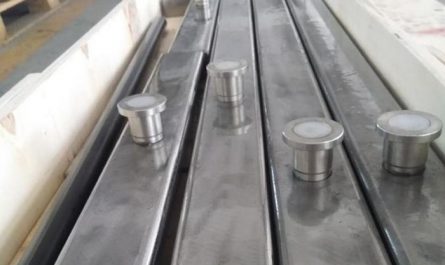Compared with cast-in-situ concrete structure, the manufacturing process of precast concrete structure is more efficient, and practice has proved that it can improve production efficiency and construction quality.
The components of precast concrete structure need to be produced in the factory and installed on site.
Generally speaking, the production of components, that is, the production of prefabricated parts, has a great impact on the construction effect.
This is mainly because the components are involved in most of the load work of construction engineering.
Production planning is the key element of the whole production process of prefabricated parts.
Production planning includes master production scheduling, material demand planning and workshop production scheduling.
Among them, workshop production scheduling is the most specific and difficult.
Production tasks are assigned to specific workshop departments, teams and even operators in this process.
Furthermore, flow scheduling is the most important one in all kinds of workshop production scheduling.
Because the flow shop has high production capacity, it is often selected as the workshop organization form of prefabricated parts production.
In most cases, enterprises will use enterprise resource planning (ERP) system to sort prefabricated components based on dispatch rule technology, so as to formulate flow scheduling.
But this is only a simplified method after all, which has many limitations and can not guarantee the optimal scheduling effect.
Some researchers have made continuous attempts and efforts to solve these problems.
For example, Chan and Hu proposed a flow shop sequencing model (fssm); Benjamin and other scholars studied the influence of the number of molds on the production workshop scheduling of prefabricated parts, and proposed a flow shop scheduling model for bespoke precastproduction (bp-fssm) based on fssm.
Based on bp-fssm, another scheduling system called “artificial intelligence planner” has also come out.
There are many other researchers who have made meaningful contributions to the optimization of flow shop scheduling system for prefabricated parts production.
We selected several prefabrication factories for field research, and found some practical problems in some previous research results.
The key problem is that the existing model can not be directly applied to the flow shop with multiple production lines.
Because the basic parameters of the existing model – the number of molds available for each production line – cannot be determined before scheduling for this kind of flow shop.
In addition, the limitations and optimization requirements of the existing models have not been taken into account.
Through research, we propose a flow shop scheduling model of multiple production lines for precasting production (mp-fsm), and propose a corresponding optimization method that can achieve effective and better scheduling by using genetic algorithm (GA).
It is worth mentioning that when the scheduling optimization becomes more accurate, the control difficulty of the production process also increases, and so does the influence.
Therefore, advanced and efficient production control, especially the dynamic method of maintaining and realizing optimal scheduling, is the direction that needs to be studied in the future.
Original English author: Zhitian Yang, Zhiliang Ma, songwu ⬇️ Go to the engineering topic page to collect the latest findings of global scholars..




